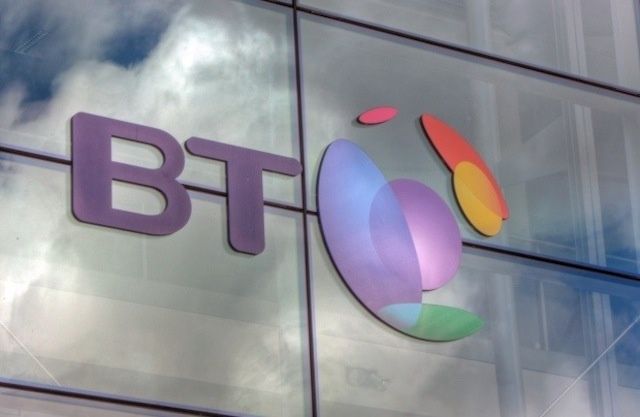Google Countersues British Telecom With New Patent Infringement Suit
Google has countersued British Telecom, a multinational telecommunications company based in the United Kingdom, with a new patent infringement lawsuit filed in the U.S. and the U.K. BT first took legal action against Google back in 2011, but Google has called its complaint “meritless,” and accuses the company of “arming patent trolls.”
Google claims that BT infringes four of its patents that cover networking and making phone calls over the Internet. All four of the patents were acquired from other companies — three from IBM in 2010, and one from Fujitsu
“We have always seen litigation as a last resort, and we work hard to avoid lawsuits,” a Google spokeswoman told Reuters. “But BT has brought several meritless patent claims against Google and our customers—and they’ve also been arming patent trolls.”
BT’s patent claims against Google started in December 2011, when the company said that Google infringed six of its patents with its Android platform, its Google Music service, Gmail, and Google Maps.
At the time, BT said that “the patents in question relate to technologies which underpin location-based services, navigation and guidance information and personalised access to services and content. BT’s constant investment in innovation has seen it develop a large portfolio of patents which are valuable corporate assets.”
That case is still ongoing, and if it is successful, it’s thought that damages could run into billions of dollars.
BT has also been helping other companies, “patent trolls,” sue Google, the search giant claims. It alleges that BT has been attacking it through Suffolk Technologies LLC, a company based in Virginia, using a patent that was previously owned by BT.
BT has said that the company does not comment on pending patent litigation.
Google is often on the receiving end of patent litigation, but it has recently been using patents owned by Motorola — a company it acquired last year — to make file suits against both Apple and Microsoft.
- SourceReuters
- ViaArs Technica



